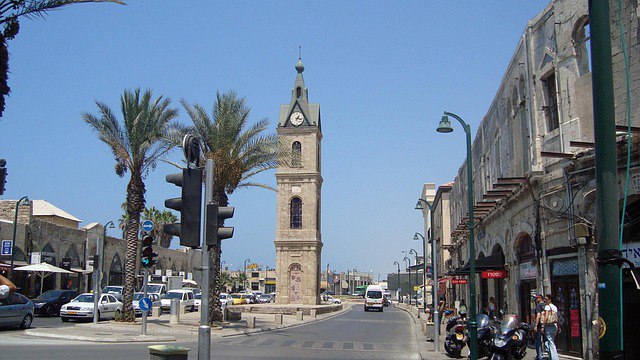
Schmidt & Schmidt offers the legalization of documents from Vatican.
Consular legalization of public documents from the Vatican
The Vatican has not acceeded to the Hague Convention Abolishing the Requirement of Legalization for Foreign Public Documents. Therefore, documents from the Vatican cannot be legalized by apostille, they can only be recognized for use abroad after their consular legalization.
Consular legalization is the process of authenticating or certifying a legal document so a foreign country's legal system will recognize it as with full legal effect that is carried out by the diplomatic or consular mission of the country in which the document is to be used.
Consular legalization of foreign documents for use in the Vatican
Any public document issued abroad can be legalized for use in the Vatican according to the procedure required in the state of issuance of the document. Foreign documents have to be finally legalized by the representations and apostolic nunciatures of the Vatican to be validated for the Vatican. Please note that the Holy See does not have relations with the following fifteen countries: Afghanistan, Saudi Arabia, Brunei, Comoros, the Maldives, Mauritania, Oman, Somalia, North Korea, Laos, China, Vietnam, Bhutan, Myanmar, and Tuvalu.
The following documents can be legalized:
- Extracts from the commercial register
- Certificates of civil status (certificates of birth, death, marriage and divorce)
- Education documents (school reports, certificates, diplomas)
- Court decisions
- Notarially certified copies of documents
- Notarially certified translations
- Further notarial documents (authorizations, last will, declarations)
The main differences between an apostille and consular legalization of documents
The common feature between apostille and consular legalization is that they authenticate an official document for presentation to institutions in another country. However, they have many differences.
| Apostille | Consular legalization | |
|---|---|---|
| Legal effect | Can be used in all countries that are party to the Hague Convention on the Simplified Legalization of Documents. | Use between States one or both of which is not a member of the Hague Convention, or where one of the contracting States has protested the accession of the other. |
| Difficulty | Moderate. To obtain an apostille, contact the competent apostille authority of the state of origin of the document. | High. For consular legalization, various inland authorities and a diplomatic mission of the state of destination must be involved. |
| Pre-certification | Usually not required. | Is obligatory. |
| Attestation at the state of destination embassy in the state of origin of the document | No need to contact the Consulate of the country of destination. | Is the final step of legalization. |



















































